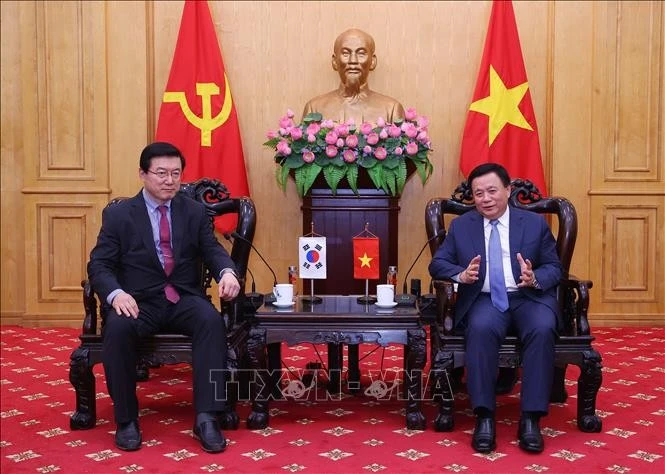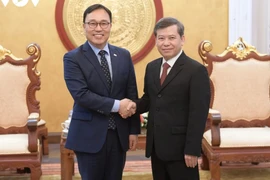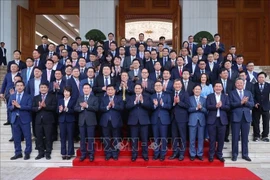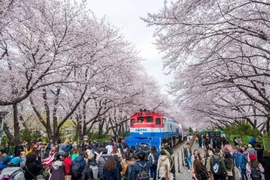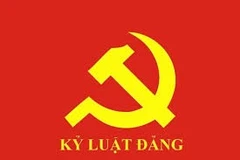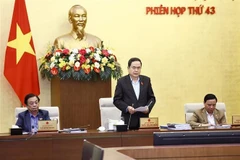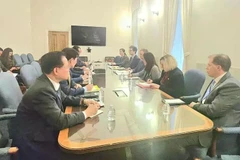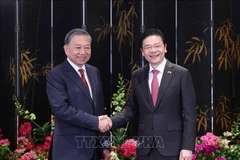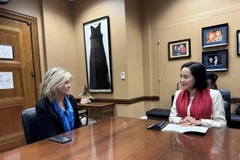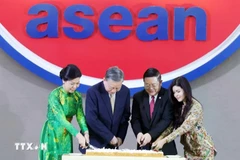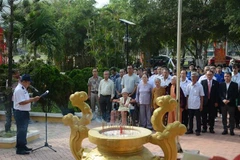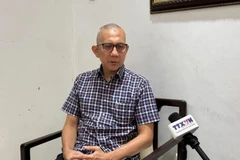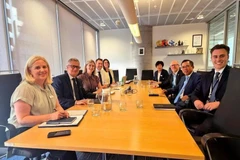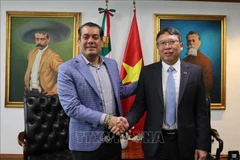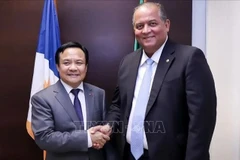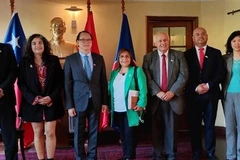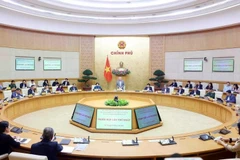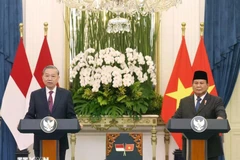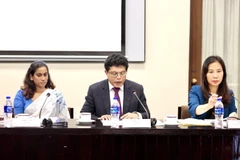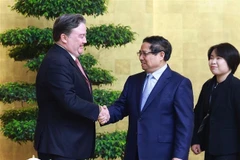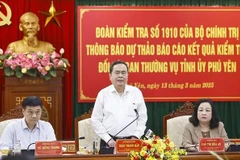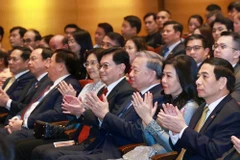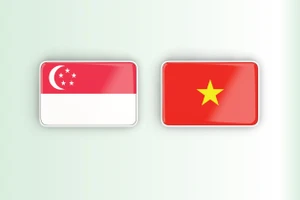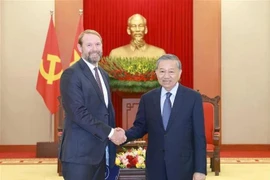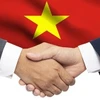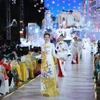Hanoi (VNA) – Politburo member and Director of the Ho Chi Minh National Academy of Politics (HCMA) Nguyen Xuan Thang welcomed Prof. Young-Sup Joo, Chairman of the Republic of Korea (RoK)’s National Research Council of Science and Technology (NST) to Hanoi on March 14 to explore how sci-tech can fuel Vietnam’s economic growth.
Thang, who is also Chairman of the Central Theoretical Council, highlighted Joo’s expertise in economic development, artificial intelligence (AI), and semiconductors, noting their relevance to Vietnam’s current tech-focused transformation. He pointed to a recent Politburo resolution that prioritises breakthroughs in sci-tech and digital innovation to drive a new production model and modernise leadership practices.
Besides, the Party and State of Vietnam are pushing forward with Government restructuring to ensure a system that is streamlined, strong, efficient and effective. The synchronous enforcement of these strategic policies is expected to propel Vietnam into a new era of growth and development, he said.
The host expressed his hope that Joo would suggest development models aligned with Vietnam’s priorities of leveraging sci-tech and the private sector, toward a 8% growth goal in 2025 and over 10% in subsequent years.
Joo, who is also Chairman of the Korea Digital Innovation Association and former Minister of SMEs and Startups, urged Vietnam to pursue a “leader” approach in AI and technology rather than just catching up. He underlined the importance of building a competitive advantage to secure a top position globally.
Earlier that day, Joo attended the 2025 Artificial Intelligence and Semiconductor Conference (AISC) in Hanoi, where he praised Prime Minister Pham Minh Chinh’s strategy of harnessing sci-tech, innovation, digital transformation, and green, digital, circular, creative, sharing, and knowledge-based economies as key growth drivers.
With a right strategy, Vietnam can rise to the forefront, he said, committing to partner with HCMA on sharing expertise in AI, semiconductor, and sustainable development policies./.
